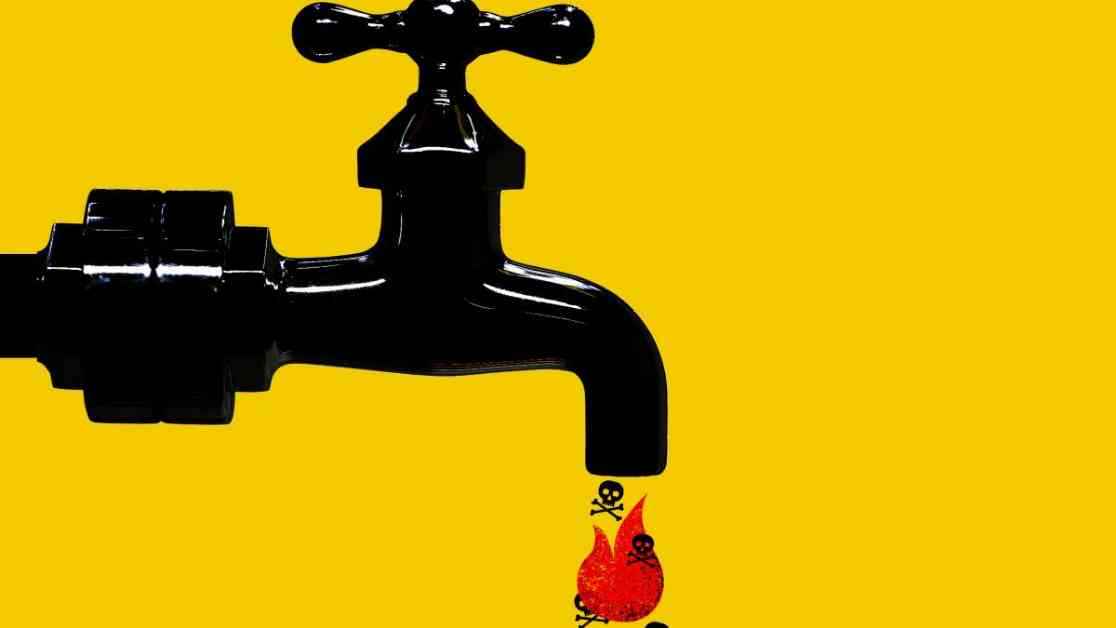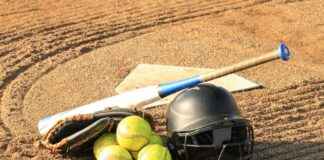Water advisories have been issued in Los Angeles County due to the Palisades and Eaton fires, raising concerns about potential contamination of drinking water. When urban wildfires cause water systems to lose pressure, it allows dangerous bacteria and volatile organic compounds (VOCs) from burning materials to infiltrate the water, making it unsafe for consumption. This has led to do-not-use water alerts in eight water districts across the county, including six in Altadena and two in the Malibu/Palisades area.
The impact of these fires on drinking water quality is a critical issue that affects the health and safety of residents in these areas. Dr. Gina Solomon, chief of the Division of Occupational, Environmental and Climate Medicine at UC San Francisco, explains that the materials found in homes and offices, such as furniture, electronics, and clothing, release toxic chemicals like benzene when burned. These VOCs can contaminate water systems if the pipes lose pressure, allowing for the intrusion of harmful substances.
The aftermath of the Eaton fire in Altadena left a stark reminder of the devastation caused by wildfires, with homes reduced to smoke and ash. The toxic compounds released from burning materials, including benzene, pose significant health risks if ingested or inhaled. Long-term exposure to benzene has been linked to serious health issues, such as leukemia, highlighting the importance of avoiding contact with contaminated water.
Studies conducted after previous wildfires, such as the Camp fire in Paradise, California, have revealed the extent of water contamination caused by smoke and toxic chemicals infiltrating water systems. The loss of water pressure can create a suction effect, allowing VOCs and other contaminants to enter the pipes, posing a threat to public health. The implementation of new laws, such as California Health and Safety Code Section 116596, mandates water testing after wildfires to ensure the safety of drinking water.
The implications of these water advisories go beyond simple precautions, as the effects of contaminated water systems can have long-lasting consequences. The need for thorough testing, repairs, and cleaning of water systems is crucial to ensure the removal of harmful substances. While boiling water can eliminate bacteria, it is ineffective against volatile organic compounds, which can be released into the air during the boiling process, posing additional health risks to individuals.
It is essential for residents in affected areas to adhere to the do-not-use water advisories until authorities have confirmed the safety of the water supply. Precautions should be taken to avoid any contact with suspect water, including refraining from bathing, cooking, or making ice with the water. Pets should also be kept away from contaminated water, as it can pose a threat to their health as well. The thorough testing and cleaning of water systems are essential steps to ensure the restoration of safe drinking water for residents.
In conclusion, the impact of wildfires on water quality is a significant concern that requires immediate attention and action. The safety and well-being of residents in fire-affected areas depend on the thorough testing and remediation of water systems to eliminate any potential health risks. By following the guidelines provided by experts and authorities, individuals can protect themselves and their families from the dangers posed by contaminated drinking water.







































